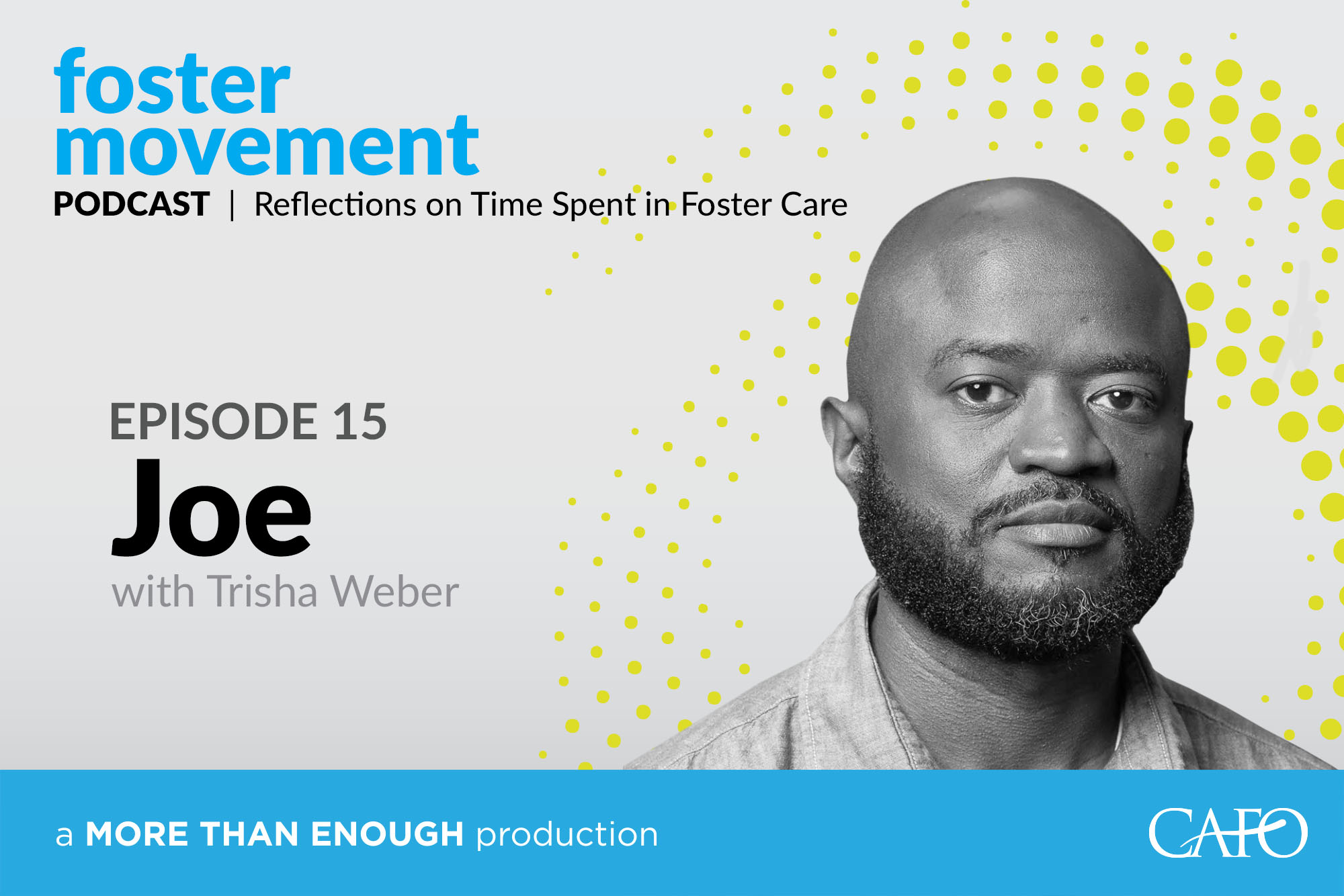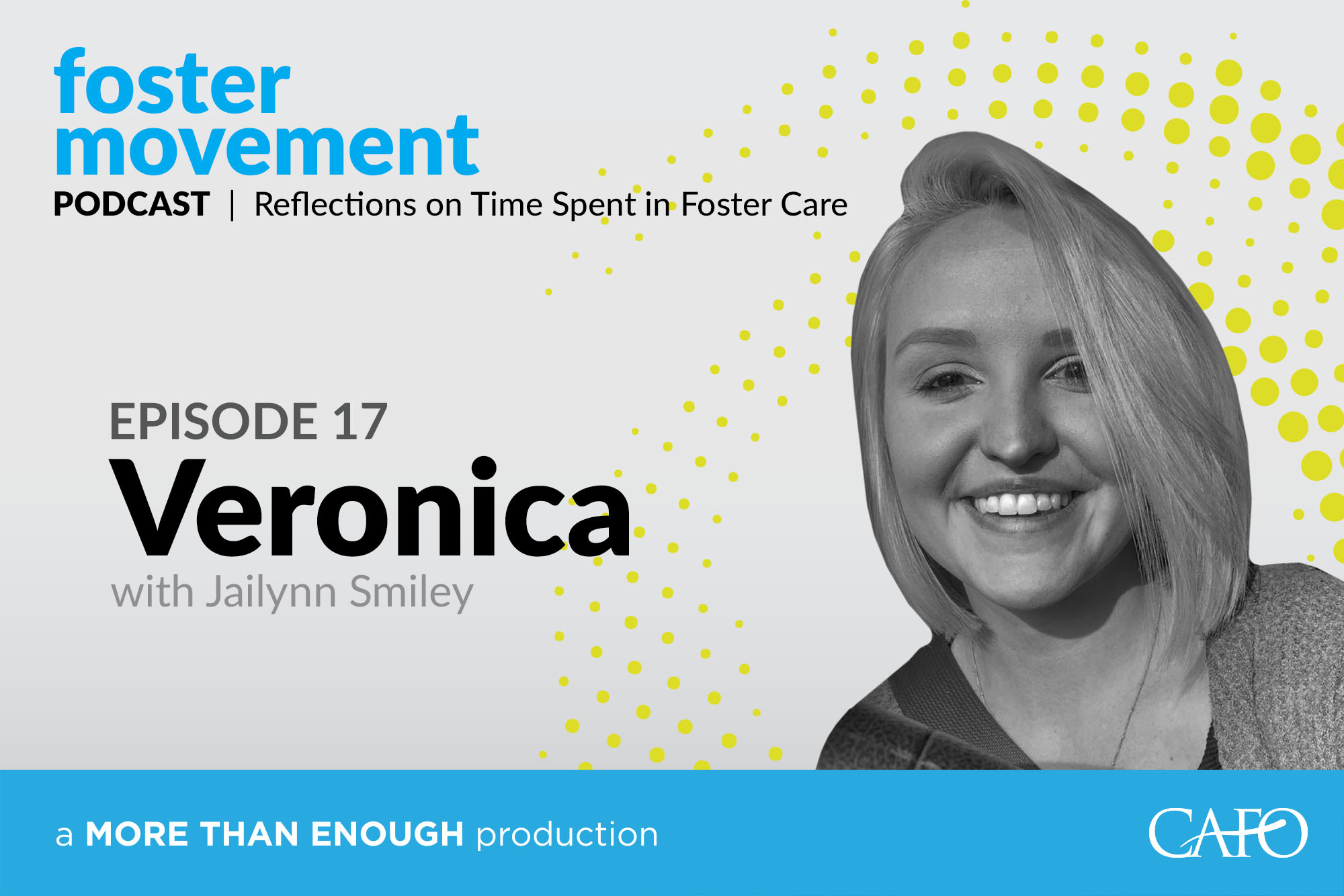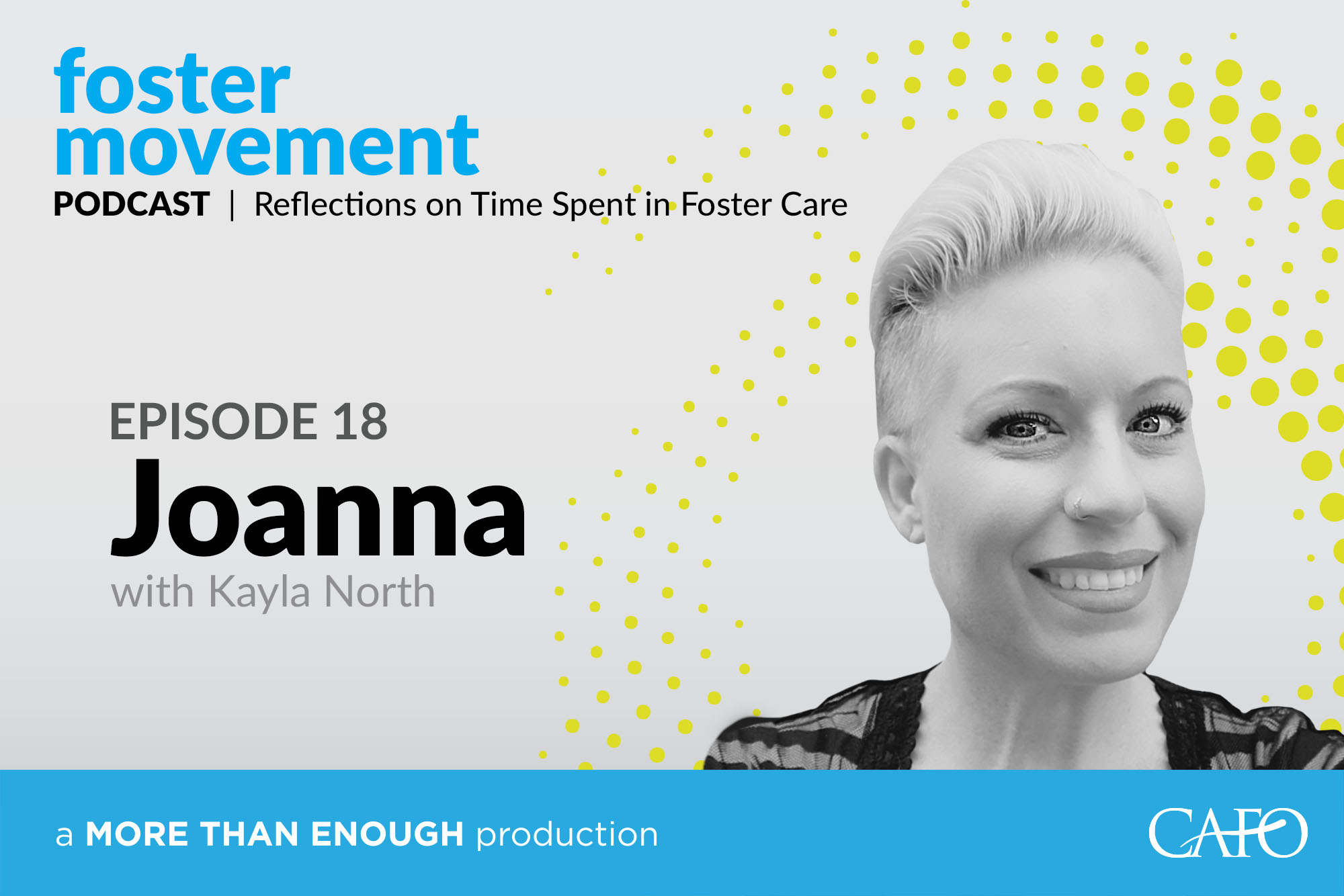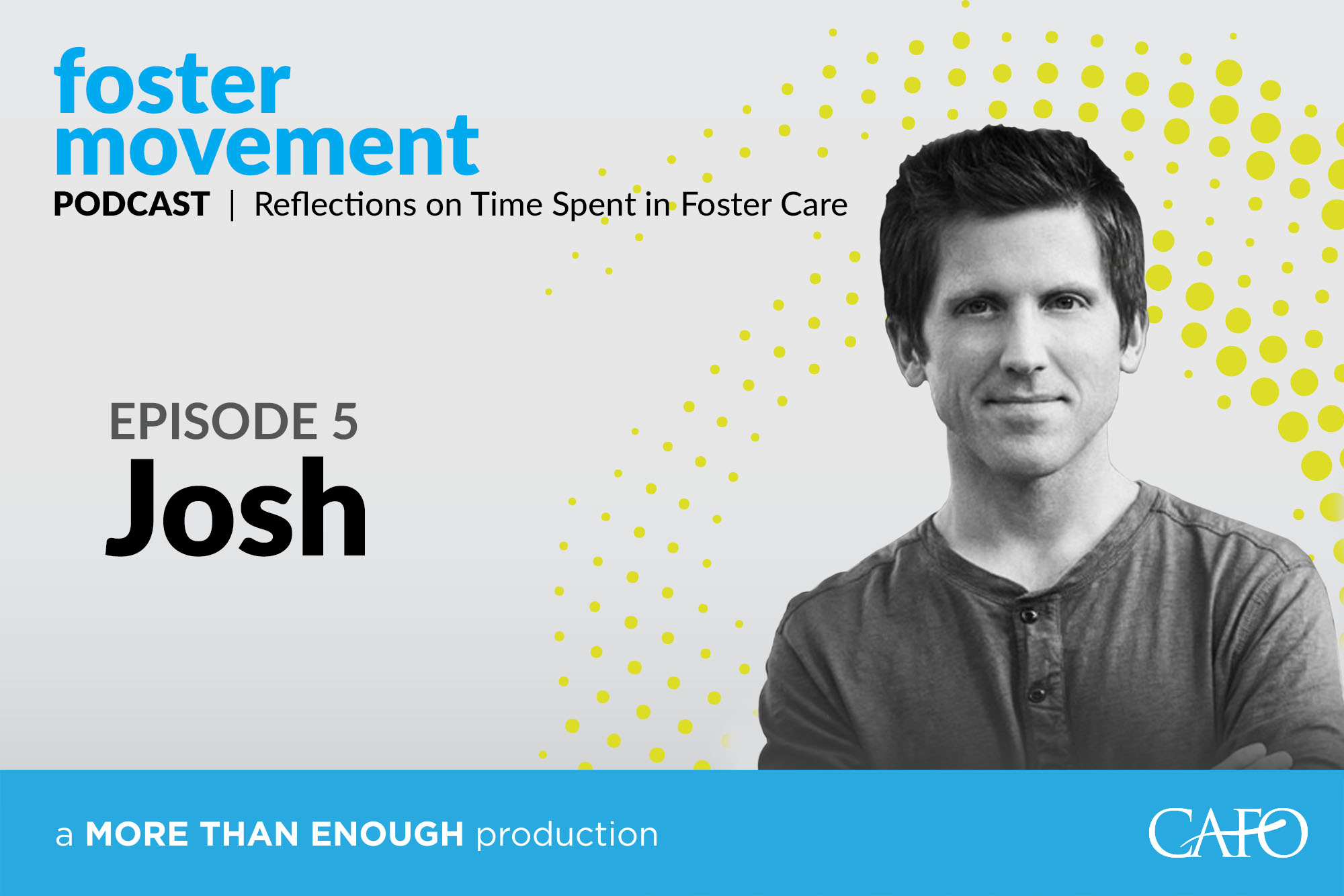FAQs for Potential Adoptive Parents
A: There are many children in the U.S. and around the world in need of a loving permanent family. Becoming an adoptive parent is not God’s plan for everyone but it very well could be part of His plan for you. We have listed a series of resources throughout this FAQ section to introduce you to the best thinking about adoption from other adoptive parents, professionals, and adult adoptees. If you are looking for some clarity, you have come to the right place.
A: Yes there are three primary types of adoption:
- Adoption from U.S. Foster Care – Children enter foster care because of a variety of circumstances, often due to a report of abuse or neglect has been made and substantiated. The priority of the foster care system is to make every effort to reunify a child with their biological family. Much of the time, interventions and resources provided by the system and the community do in fact allow a child to return home to their family. However, when it is determined by the court system that reunification cannot be done safely, parental rights are terminated and a child is then in need of an adoptive family. Because of the legal process involved prior to a child becoming available for adoption in the foster care system, children who are in need of adoptive families tend to be older.
- International Adoption – In recent years, international adoption has become less common due to various adoption laws and regulations in countries around the world. However, international adoption is still very possible. Aspects of international adoption (requirements for adoptive parents, children eligible for adoption, costs, timeframe, etc) can vary widely between countries. The most important thing you can do is to choose a reputable agency that has a lot of experience facilitating adoptions in your country of interest. They will be able to provide you with information about the process and a comprehensive list of requirements for adoption from a given country. To learn more about adoption agencies working in international adoption that are members of the Christian Alliance for Orphans, CLICK HERE.
- Private Domestic Agency Adoption – This type of adoption generally involves a birth mother that has chosen to place her child for adoption prior to giving birth. A birth mother is provided several profiles of potential adoptive families and makes a choice about which family she feels is the right fit for her and her child. A reputable agency will always provide strong pre-placement counseling to birth-mothers. It provides vital emotional support for a woman going through a difficult time. Wait times can be long (2-3 years) as there are more than enough adoptive families waiting to adopt healthy infants. While this sounds like a negative from the perspective of a potential adoptive family, this is exactly what we want for all children of all ages needing families — more than enough families waiting for them rather than children waiting for families. Private domestic adoption can also be facilitated by an experienced adoption attorney, though the process for this varies some from agency adoption. To learn more about adoption agencies working in private domestic adoption that are members of the Christian Alliance for Orphans, CLICK HERE.
A: It can be but certainly doesn’t have to be. In almost every case, expenses associated with adoption from U.S. foster care (paperwork, training, case management, background checks) are subsidized by the government and are therefore not passed on to the adoptive family. In other words, adoption from U.S. foster care is free or nearly free. Costs for international and private domestic adoption vary based on a number of factors. We recommend asking for a complete fee schedule from a reputable agency to better understand what expenses might be involved. A good agency will walk you through each of these expenses so that you have a strong understanding of what is expected and why. Be sure to be thorough in this process and understand everything before signing anything.
It is important to note that there are now MANY resources available to help offset some of the costs associated with adoption. Here are some things to explore:
- There are foundations and organizations that have been established specifically to offset adoption costs. This can include grants and no-interest loans. To learn more about members of the Christian Alliance for Orphans that do this, CLICK HERE.
- Your church may have an adoption assistance fund.
- Your employer may have adoption assistance available. Check with your HR department to learn more.
A: The struggle of infertility is incredibly hard. When that is combined with the complexity of potentially parenting a child who has been separated from biological family, there are two important things to consider:
- It is normal to initially feel like adoption is plan B — something you were forced to resort to because plan A did not go as you had hoped. However, we recommend you give yourself and your spouse enough time to process this dynamic before pushing ahead with adoption. It is important that by the time you adopt, you become convinced that adoption is God’s plan A for your life at this time. It’s important that no child who comes to your family through adoption feels like plan B to you or to them.
- If you have experienced infertility and are considering what is sometimes referred to as “foster-to-adopt” where a family fosters a child whose parental rights are likely to be terminated, we would urge extreme caution. Even when termination of parental rights seems likely, things in foster care can often change quickly. One of the most important characteristics of any foster parent is that they will willingly and faithfully work with all parties involved toward the reunification of a child with their biological family. This can be particularly difficult for those who have experienced infertility. It is generally more advisable to pursue the adoption of a child that is already available for placement.
A: Congratulations — it sounds like you are normal! Couples rarely if ever start out on the same page when it comes to adoption and foster care. While you should certainly come to a place of oneness on this issue before bringing a child home, there are some steps you can take to create an environment for meaningful and important conversations that will help get you there.
The Jason Johnson Blog offers “Fostering or Adopting for the Husband That’s Not Sure”.
A: This is a really important question. Adoption and foster care are not easy for anyone involved in it, and that includes the children already in your home. However, “not easy” doesn’t equal “not good”. In fact, if we are honest, it is the “not easy” things in our lives that have usually been the most worthwhile. There are some important considerations for the children already in your home and we can help you explore what some of those are.
Jana Hunsley, a Graduate Research Assistant at the Karyn Purvis Institute of Child Development (KPICD) and an adoptive sibling wrote this article “Lessons from Adoptive Siblings” to help parents understand how changing family dynamics affect everyone in the home. Jayne Schooler also addresses “Understanding the Impact of Foster Care and Adoption on Children Already in the Home” in the article with FOCUS on the Family.
A: Singles can make amazing adoptive and foster parents. Having a supportive community is important for anyone considering adoption and foster parenting, but this is especially true for singles. There are some things you’ll want to think through in terms of your career, your dating life, and your support system. There are some other singles that have navigated these things and can help you do the same.
While these two particular articles are about foster parenting rather than adoption, there are several principles that will still be helpful. Hallie Graves shares “How Did I Decide to Become a Single Foster Mom” at the Archibald Project. Jillian Kellenberger breaks down some of the harder parts of single foster parenting at The Forgotten Initiative in this post “The Struggle of Single Foster Parenting”.
Jana Hunsley, a Graduate Research Assistant at the Karyn Purvis Institute of Child Development (KPICD) and an adoptive sibling wrote this article “Lessons from Adoptive Siblings” to help parents understand how changing family dynamics affect everyone in the home. Jayne Schooler also addresses “Understanding the Impact of Foster Care and Adoption on Children Already in the Home” in the article with FOCUS on the Family.
A: It certainly feels that way, especially at the very beginning. Just like climbing a mountain, your best bet is to pick a path and start by taking the very first steps. Which by the way, your being here shows that you’ve already started. We can help you take the next ones. Before you know it, you’ll be at the top. Once you identify a reputable agency, all of the other steps become much more predictable and manageable as a good agency will provide you with a very clear path.
A: It is true that children that come to us through adoption may have experienced trauma in utero through drug and alcohol exposure, in institutional settings, or in their families of origin. Anyone who has experienced significant trauma may demonstrate difficult behaviors that come as a result. It is important to be aware of this possibility and be ready to learn new parenting strategies and skills that support the specific needs of children who have experienced trauma. However, children still need parents ready to step into adoption if that is where God is leading them. The truth is that children who have experienced trauma are going to experience the effects of that trauma with or without you to walk with them through it.
We recommend listening to the Foster Movement Podcast Episode 18 “Parenting Kids from Hard Places with Joanna Torres and Kayla North”. SHOW HOPE has also compiled an extensive list of pre- and post-adoptive books and resources found here.
A: If you think God may be leading you to explore adoption, your next step may be to attend an in-person or online orientation meeting for at least two or three agencies. Once you have selected an agency to work with, they will be able to very clearly map out your next steps. You can get connected to agencies that are members of the Christian Alliance for Orphans HERE.
Now, if after exploring adoption, you don’t feel that adoption is for you (at least right now), we are so glad you have some clarity on that! There are SO MANY other ways you can be involved in making a huge difference for children and families. To explore the possibilities CLICK HERE.

